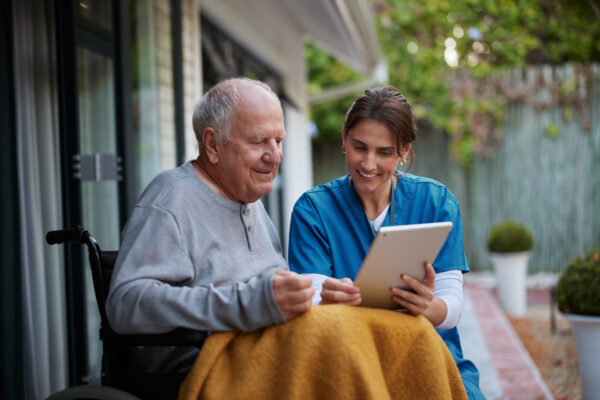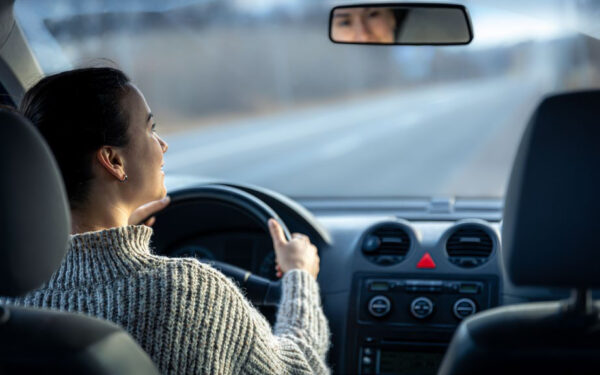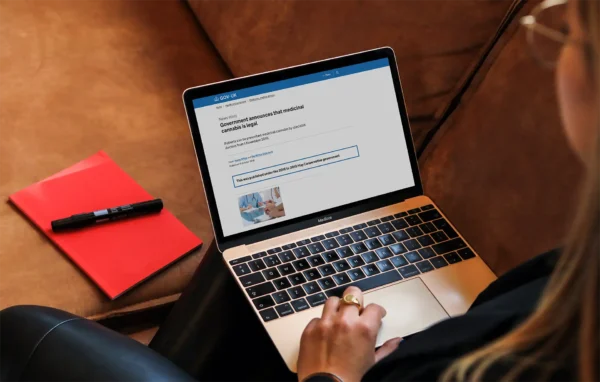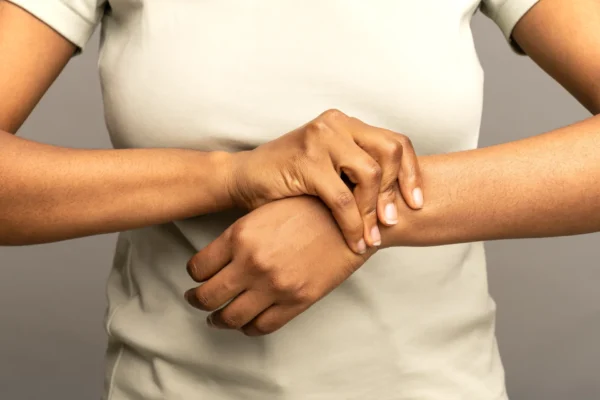On November 1, 2018, the UK government rescheduled medical cannabis to Schedule 2 of the Misuse of Drugs Act 1971. Before this change, doctors couldn’t prescribe cannabis-based medicinal products (CBMPs). By the end of 2022, it was estimated that 32,000 people in the UK were prescribed medical cannabis for different health problems.
Even though more people access medical cannabis than ever, half of the UK population does not know it can be prescribed legally. This is important because many medical cannabis users feel judged or looked down upon for using it. Stigma has been shown to both cause and exacerbate health inequalities.
Given past findings regarding public awareness and perceived stigma around medical cannabis, in a new study researchers from Curaleaf Clinic aimed to find out how much UK police officers know about medical cannabis laws and whether they felt they had enough training on this topic.
Methods of the Study
The researchers asked 200 police officers between October 24 and November 1, 2022, to answer questions about:
- Whether they knew cannabis could be legal if prescribed by a doctor.
- If they felt they had enough knowledge about medical cannabis.
- If they thought more training would help them identify people using legal medical cannabis.
- If they had met anyone claiming to use prescribed cannabis while on duty.
Results of the Study
Awareness and Knowledge of Medical Cannabis
- Awareness: 71.5% of officers knew medical cannabis could be legally prescribed in the UK. However, 21% thought it was illegal, and 7.5% were unsure.
- Training: Almost a quarter of the police officers never had formal training on medical cannabis. Two in five felt their training was not good enough. Most officers (88.5%) wanted more training on how to identify legal medical cannabis patients.
Encounters with Patients
- Encounters: 40% of officers had met someone claiming to use medical cannabis while on duty.
- When meeting these people, officers often asked for more proof (42.5%), checked with a healthcare professional (13.8%), or asked a colleague for advice (10%). Some took no action (3.8%), gave advice (2.5%), detained or arrested the person (7.5%), or confiscated the cannabis (2.5%).
Awareness and Training on CBMPs
Furthermore, almost a quarter (n = 47; 23.5%) of participants reported that they had never had formal training on the topic, while nearly half (n = 85; 42.5%) believed the training they had received was inadequate. Most participating police officers (n = 177; 88.5%) said they believed they would benefit from more training on medical cannabis, including how to identify patients who had been legally prescribed CBMPs.
Encounters with Patients
Four-fifths (40%) of participants reported they had encountered someone while on duty who claimed to be using cannabis for medical reasons. When responding to the final question, detailing their response to the encounters, the most common themes involved the officer asking for more evidence from the person (n = 34; 42.5%), checking the legitimacy of their claim with a healthcare professional (n = 11; 13.8%), or asking for advice from a colleague (n = 8; 10.0%).
Three (3.8%) respondents took no action at all. Two (2.5%) responses detailed the police officer giving advice to the individual in question. Six (7.5%) responses detailed the participant being detained or arrested, whilst two (2.5%) officers reported confiscating the individual’s cannabis. All other responses have been omitted to avoid de-anonymising participating officers.
Conclusions
The study found that over a quarter of police officers did not know the legal status of medical cannabis, even though four years had passed since medical cannabis laws changed. Two-thirds of the officers had either no training or felt their training was not good enough. This lack of knowledge can lead to bad experiences for medical cannabis users when they meet the police.
Commenting on the study in Leafie, a specialist magazine covering cannabis, psychedelics and cultural events, Dr Simon Erridge, Research Director at Curaleaf Clinic and study author said the following:
“At Curaleaf Clinic, our latest study reveals a significant knowledge gap among UK police officers regarding the legality of medical cannabis.
From the findings, it is clear that comprehensive education is urgently needed.
Police officers have a difficult job and this is made even harder if they are not given the education they need to be able to properly interact with patients prescribed medical cannabis.
By improving police training, we hope this will help reduce stigma, enhance patient care, and foster a more informed and supportive community for patients.
Having provided police education to individual forces, it has proven to be a valuable exercise for all involved.
What we would like to see coming from this research is a nationalised effort to provide further education on medical cannabis. As such we wrote to the National Police Chiefs Council at the time the research was first conducted, and have done so again following the publication of the results to both highlight the issue and offer our help. “








